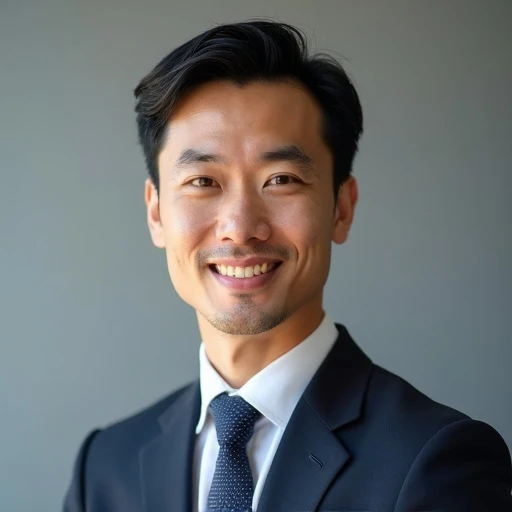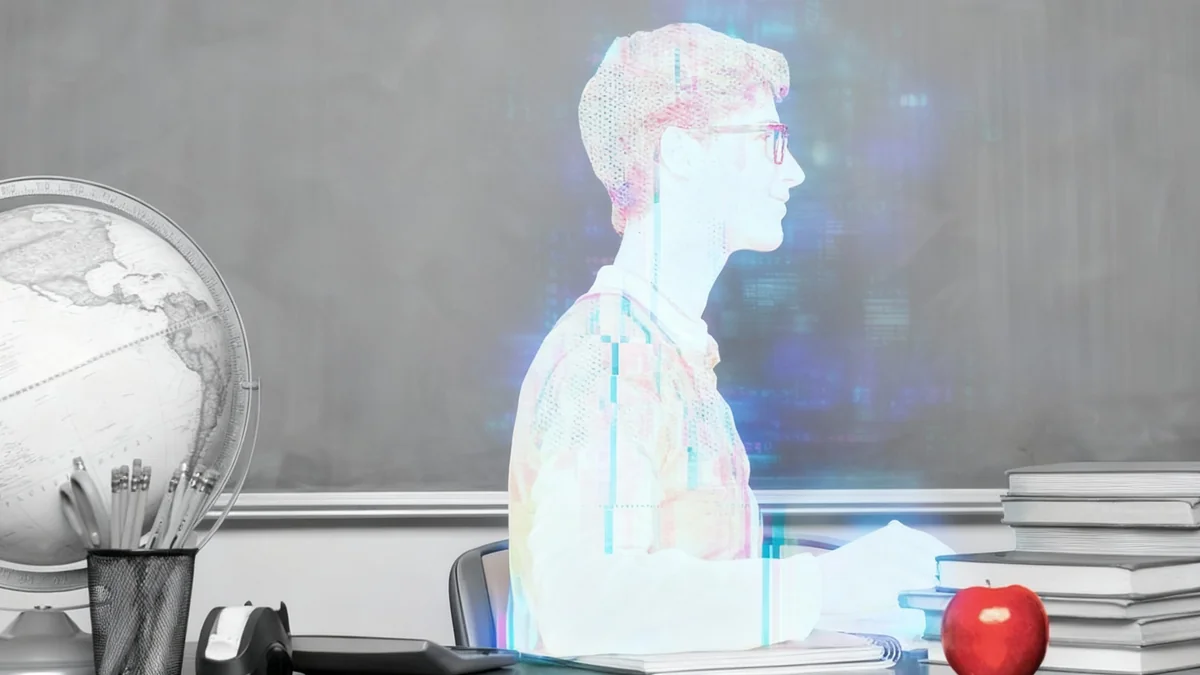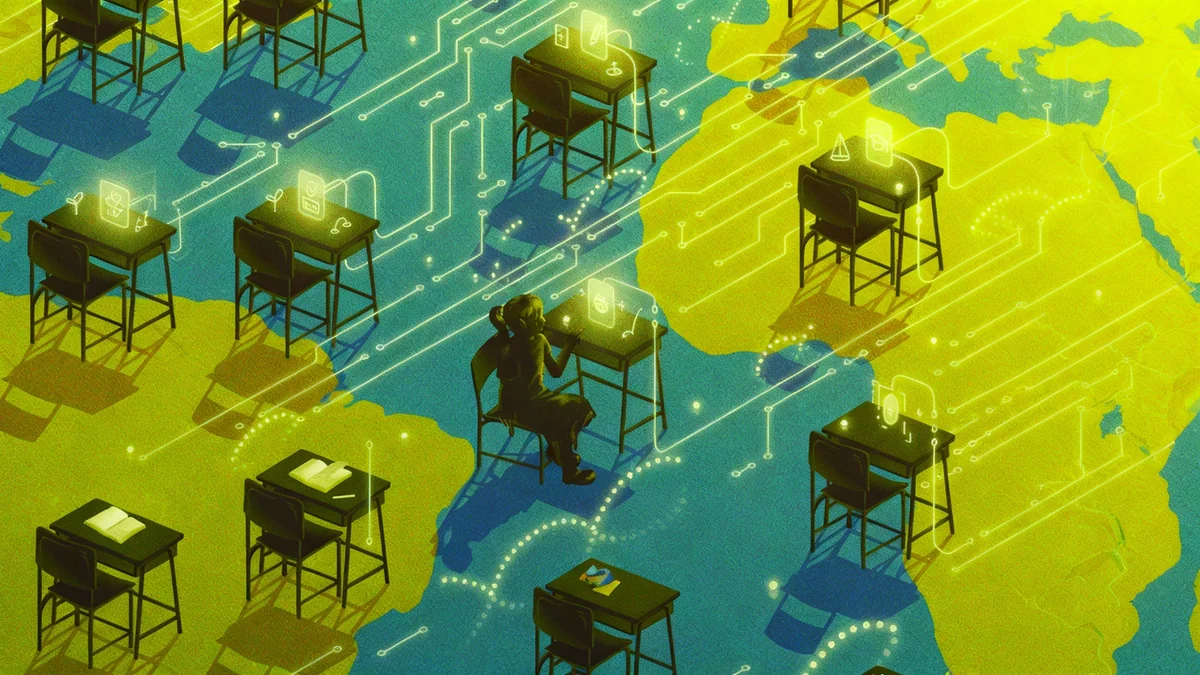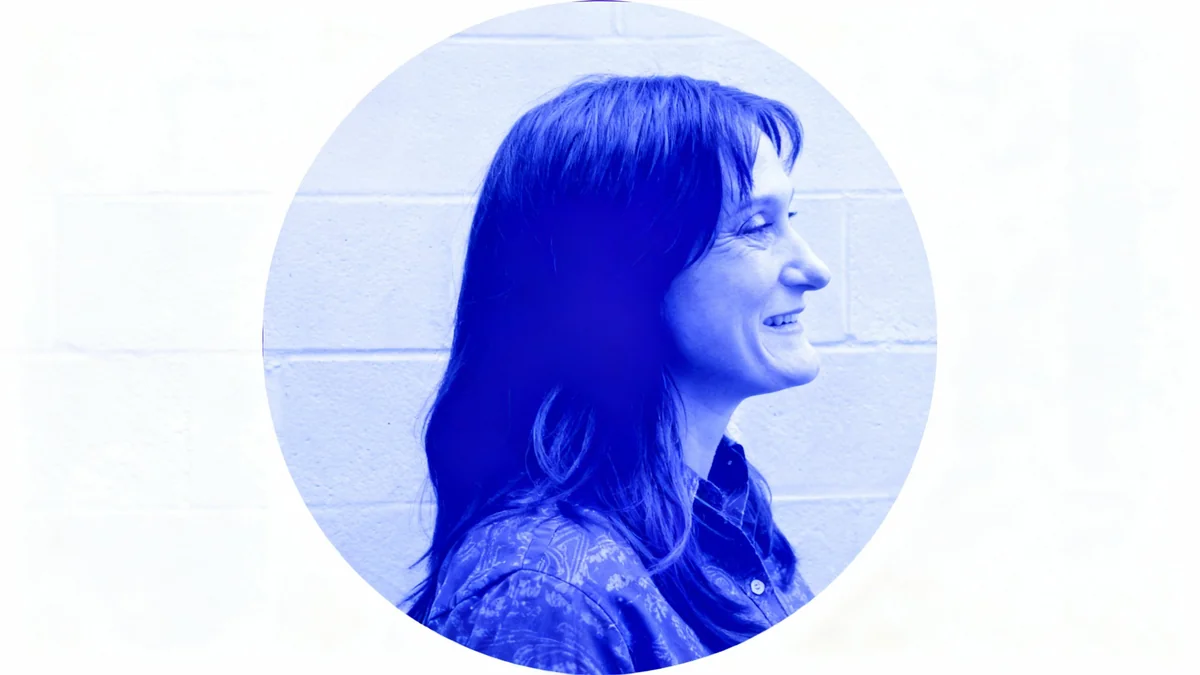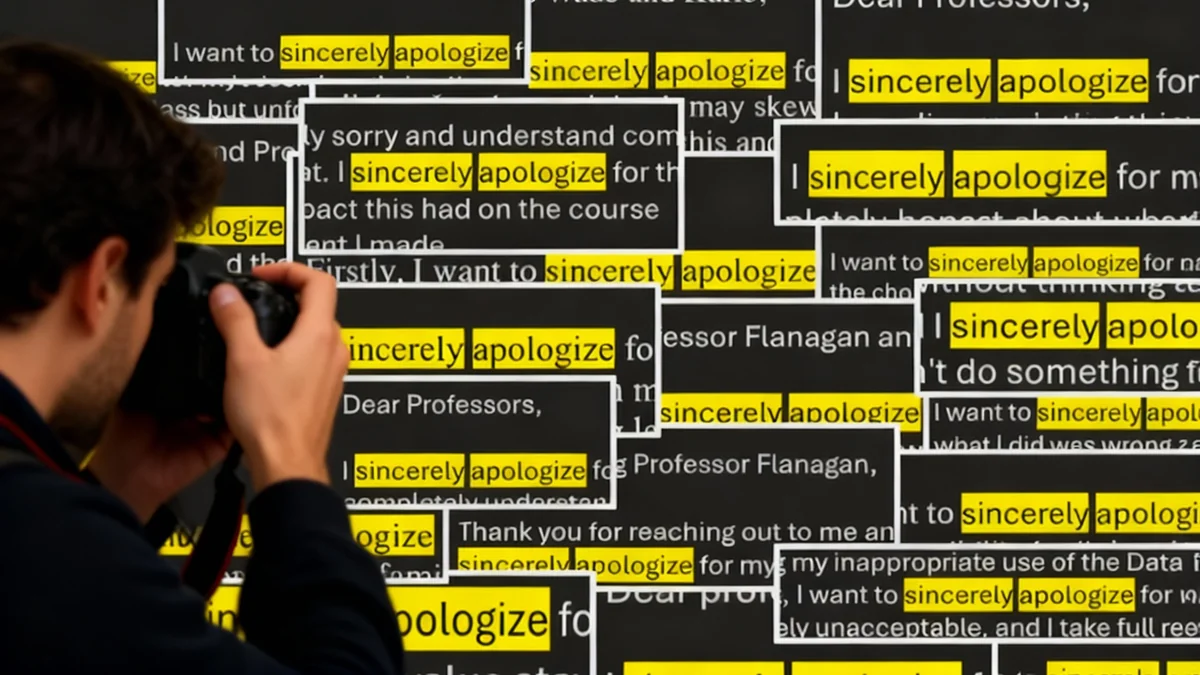A new private school in San Francisco, named Alpha School, has opened with a model that uses artificial intelligence to deliver its curriculum. The school claims its K-8 students can learn core subjects in just two hours per day, achieving results twice as fast as students in traditional educational settings. This approach has drawn attention from both technology proponents and education experts, who are examining its potential benefits and drawbacks.
Key Takeaways
- Alpha School San Francisco uses an AI-assisted curriculum, claiming students learn core subjects in two hours daily.
- The model focuses on personalized, self-directed learning on screens, with the rest of the day dedicated to practical life skills.
- Education experts express cautious optimism, highlighting the need for rigorous research on the model's effectiveness for diverse student populations.
- Concerns have been raised about equity, high tuition costs, and whether the model is suitable for all learning styles.
The Alpha School Model Explained
Alpha School San Francisco is the latest addition to a national network of 14 private schools. Its educational philosophy centers on a condensed academic schedule powered by technology. Students spend two hours daily on core subjects like mathematics and history, working individually on computers.
The software used is designed to adapt to each student's learning pace and style. According to the school, this personalization allows for accelerated learning. More than half of this app-based learning is conducted through proprietary software developed by an affiliated brand, 2 Hour Learning.
The remainder of the school day is dedicated to developing what the school calls "life skills." These are taught through collaborative, project-based activities, such as designing and operating a food truck. This part of the curriculum aims to build teamwork, financial literacy, and social skills.
Instead of traditional teachers, the school employs "guides." Their role is not to deliver lectures but to coach and supervise students as they navigate their self-directed learning paths.
A Shift in the Educator's Role
The transition from a traditional "teacher" to a "guide" represents a significant shift in pedagogical approach. While teachers have historically been subject-matter experts who instruct from the front of the classroom, guides at Alpha act as facilitators. Chris Agnew of Stanford University notes that this preserves a critical element: "There are still adults in the room that know the kids." The primary difference is the method of interaction and instruction delivery.
Expert Analysis and Cautious Optimism
The claims made by Alpha School have prompted analysis from researchers in education and technology. While many agree that AI will play a significant role in the future of education, they advise a measured approach.
Is the Model Truly New?
Some experts point out that elements of Alpha's model are not entirely novel. Ying Xu, an assistant professor of education at Harvard University, explained that students in traditional schools often spend a similar amount of focused time on core subjects once breaks and group activities are accounted for. She also noted that self-directed learning has a long history, citing the Montessori method as an example.
Chris Agnew, director of Stanford University’s Generative AI for Education Hub, observed that some of the software used by Alpha, such as programs from IXL and Math Academy, has been available in schools for years to create personalized learning paths.
The Role of Artificial Intelligence
Experts suggest that AI's primary function at Alpha is to assist the guides. The technology tracks student progress and pacing, providing data that helps guides determine the appropriate next steps for each child. "AI is brought in as a layer that helps understand the students’ pacing and then make suggestions on what might be best next," Agnew explained. He added that most of the AI is not directly student-facing.
"There is evidence that AI could have exciting applications in education, but at same time, we’ve seen educational experiments that do not work well for kids in the past," stated Emma Pierson, an assistant professor of computer science at UC Berkeley.
Questions of Equity and Effectiveness
Despite the innovative approach, significant questions remain about the Alpha model's universal applicability and fairness. The school's high tuition and select student body are central to these concerns.
High Costs and Elite Connections
Alpha School San Francisco has the highest tuition of any private school in the city. The brand's founder is MacKenzie Price, who is married to software executive Andrew Price. The school is backed by Texas billionaire Joe Liemandt, with hedge-fund billionaire Bill Ackman reportedly serving as an informal ambassador.
Experts worry that the school's claims of success—such as students consistently scoring in the top 1-2% nationally—may be influenced by the students' affluent backgrounds. These students likely have access to external resources that contribute to academic achievement. Alpha's administration rejects this, stating its model can improve outcomes for all students.
Not a One-Size-Fits-All Solution
Research indicates that AI-driven learning can produce different results depending on the student. Ying Xu's work at Harvard shows that self-motivated children tend to use AI to deepen their understanding, while less confident students might use it to find answers without engaging in critical thinking. "A student who is intrinsically less motivated to learn might suffer in that setting," she said.
Rose Wang, a researcher at OpenAI, questioned whether an app-based curriculum can effectively teach foundational skills. She argued that collaborative, in-person methods are often more effective for younger students and those needing extra support. "This model for schooling would probably work really well for kids who are quite advanced already," Wang noted.
The Broader Landscape of AI in Education
Alpha School is part of a larger trend of integrating AI into classrooms across the United States. However, most public school districts are taking a more cautious approach.
- In Washington, the Peninsula school district is exploring how AI can create more inclusive learning experiences.
- In Orange County, California, the superintendent has hired AI experts to guide schools on technology integration.
- Across California, public schools are incorporating AI literacy into their digital media curricula.
Experts like Emma Pierson advocate for rigorous testing, such as randomized control trials, before any new educational model is scaled widely. This ensures that potential risks, like algorithmic bias, are identified and addressed.
As technology continues to advance, the challenge for educators and policymakers will be to separate effective educational tools from marketing hype. "It’s not an option for schools to ignore AI," Agnew concluded, emphasizing the need for decisions grounded in what is best for students.

